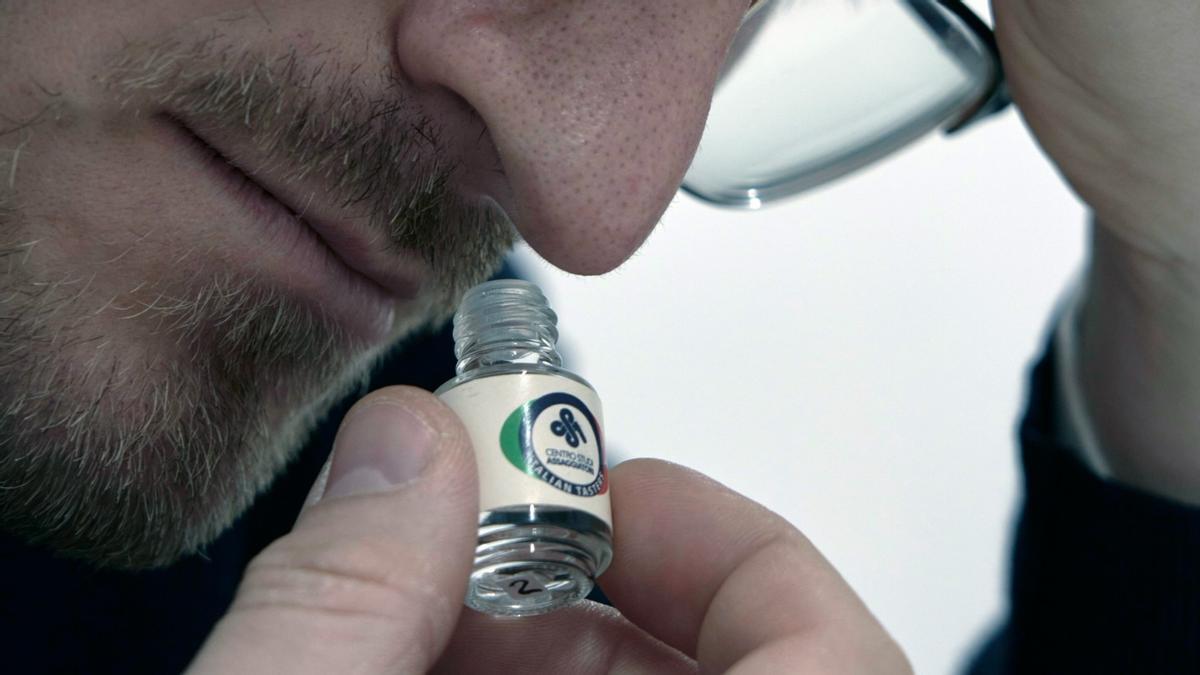American scientists have discovered that some people they do not regain their sense of smell after becoming infected with SARS-CoV-2 because the virus causes a continued immune insult which decreases the amount of olfactory nerve cells.
The find, published on the 21st of the journal ‘Science Translational Medicine’finally explains how a problem It affects millions of people around the world.
The investigation It also sheds light on the possible underlying causes of other prolonged symptoms of covid-19, such as general fatigue, shortness of breath or lack of concentrationthat could trigger biologics by similar mechanisms, according to the researchers.
«One of the first symptoms that is usually associated with covid-19 infection is the loss of smell. Very good, many people recover the sense of smell one or two weeksbut others don’t,» he points out. bradley goldstein, lead author of the study and Neurobiology researcher at Duke University (North Carolina, United States). «We wanted to better understand why some people have persistent loss of smell for months or years after being infected,» he explains.
A kind of «autoimmune process»
next to scientists from Harvard and the University of California-San Diegothe Duke team analyzed olfactory epithelial samples collected from 24 biopsies, including those of nine patients with persistent loss of smell.
The analysis showed widespread infiltration of T cells involved in an inflammatory response in the olfactory epithelium, the tissue in the nose that contains the nerve cells for smell.
The inflammatory process persisted after infection and the number of olfactory sensory neurons was reduced, possibly due to damage to delicate tissue sustained by persistent inflammation. For Goldstein, «the results are amazing. It almost looks like some kind of autoimmune process in the nose.»
Treatments
Goldstein believes that knowing which areas are damaged and what types of cells are involved is key to start designing treatments. In addition, the team finds it encouraging that the neurons they seem to maintain some capacity for repair even after immune attack.
Related news
«We are hopeful that modulating abnormal immune response or repair processes in the nose of these patients may help to restore, at least in part, the sense of smell,» he says.
In his opinion, the results of this study could also be helpful for additional research on other symptoms of covid-19 long-lasting processes that could have their origin in similar inflammatory.

